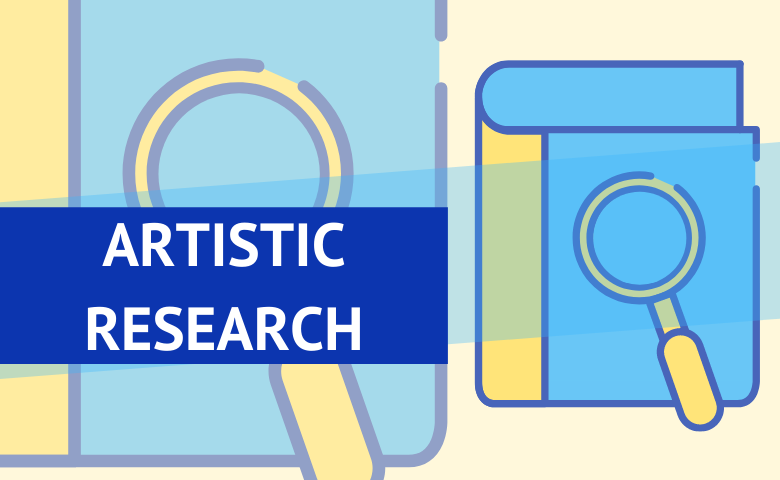The 1999 Bologna Declaration made it quasi-official that the higher art education institutions are not only acting on the same level as universities and other higher education institutions, but are also subject to the same obligations as these. They were now explicitly commissioned not provide not only offers in the areas of teaching and artistic practice, but also to do research. Since then, Artistic Research has been a hot topic all over Europe.
As satisfying as it is might be that Artistic Research has developed dynamically and also very successfully in the past 20 years, the diversity and heterogeneity in which this development has taken place has also caused disagreement and sometimes also disputes over sovereignty of interpretation. The varying speeds with which things have taken place in different countries didn't make things easier. While Artistic Research in some few countries can benefit from the same rights and comparable budgets as the research in the humanities or natural sciences, other countries are still lagging far behind both with regard to being fully recognised by the legislature and having access to sate research fundings.
In addition, the representatives of the subject were struggling for a long time to agree on common criteria on what is good and serious Artistic Research and what is not, and this was even true for the peers of the individual art disciplines. Over the years it became increasingly clear that the lack of a common basis of understanding about the ratio of Artistic Research in its struggle for recognition only weakens the position of Artistic Research compared to other research strands. The need to overcome this disagreement without limiting the variety of possible forms of how to do and to understand Artistic Research became ever more pressing.
In the end, it was thanks to an initiative of the AEC that representatives of all major European or international associations met at the University of Music mdw in Vienna in August 2019 to agree on common key points to ensure for the future to speak with one voice when addressing political decision-makers and, above all, to thus strengthen the standing of Artistic Research in those countries where there is still a lot of catching up to do. Last but not least, it was also about creating equal opportunities within the EU and the European Higher Education Area.
The first meeting in Vienna was followed by several others and we are very happy to announce that the Vienna Declaration has finally been officially adopted and presented to the public a few days ago. The Vienna Declaration is a strategy paper that promotes the full recognition of Artistic Research as a research discipline of its own dignity all across Europe. The Vienna Declaration was co-written by AEC, CILECT / GEECT, Culture Action Europe, Cumulus, EAAE, ELIA, EQ-ARTS, MusiQuE and SAR, who are also the first signatories to this crucial document. The initiative is open to the involvement of other international organisations proving legitimate interest to join.






